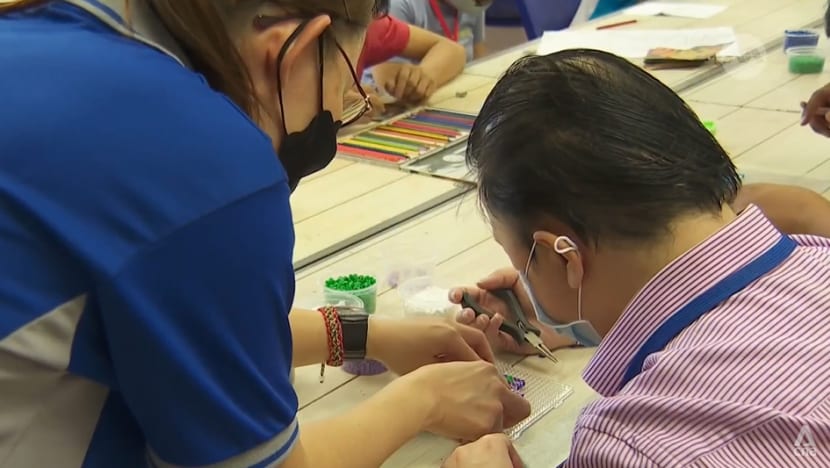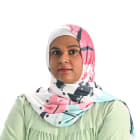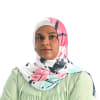Recommendations on community living for persons with disability to be out later this year
One important consideration when it comes to such models is taking stock of the services these persons would need to live effectively and well in the community, said the Ministry of Social and Family Development (MSF).

Based on a 2020 census, persons with disability make up about 2.5 per cent of the population.

This audio is generated by an AI tool.
SINGAPORE: A ministerial task force that has been looking into new community living models for persons with disabilities will give its recommendations later this year.
Among the issues it hopes to address is who will provide care for them when their caregivers are gone.
One important consideration for such models is taking stock of the services these persons would need to live effectively and well in the community, said Ms Cynthia Leow from the Ministry of Social and Family Development (MSF).
This comes as the needs might look different for different subsets of people within the group, said Ms Leow, who is MSF’s senior director of family and child development and part of the task force.
Persons with physical disability will need more help with daily living, such as showering, changing or eating whereas those with intellectual disability may need more help with coaching in areas like managing financial resources, she said.
“That was one of the key considerations in terms of scoping the type of services that can be delivered to them,” she told CNA.
Other considerations include proximity of help, especially if their caregivers do not live close to them, and ensuring they blend in with the rest of the community by doing everyday things like going to the supermarket and coffee shop, she added.
“Where we really need the community to come in is to really have the empathy and understanding, to really understand, watch out and keep a lookout for some of these neighbours who need more support,” she said.
A MAJORITY LIVE AT HOME WITH CAREGIVERS
Based on a 2020 census, persons with disability make up about 2.5 per cent of the population, said Ms Leow. Currently, a majority of them live at home with caregivers, and this is the situation their families want, she said.
Those who are able to live and work independently can benefit from MSF’s employment support.Those who cannot, on the other hand, can enroll into day activity centres, she said.
However, she noted that of those who are enrolled in these centres, about 20 per cent have caregivers who are aged 65 and above.
MSF’s services help make persons with disabilities more independent, Ms Leow said.
“If the persons with disability can continue to carry out some of these (daily living) tasks independently, that will really alleviate the caregiving burden for the caregivers,” she said.
For caregivers who look after their loved ones with disability at home without enrolling in any services, they may be able to get help from the Enabling Services Hub, which opened in Tampines in 2023.
Two more will open next year in Jurong and Punggol, said Ms Leow.
“Part of the plan for the enabling services hub is to activate the community partners, to create more activities and courses and training for the persons with disability to engage in and together with their caregiver,” she said.
“(This is) so that even though they are not in our day activity centres, they can continue to maintain their skills in terms of daily living and participate in community life.”
PERSONS WITH INTELLECTUAL DISABILITIES
Among those with disability are a subset of about 10,000 individuals known to MSF who have intellectual disabilities.
This includes Mr Tan Hsu-Wen, 47. His father is his only caregiver after his mother died a decade ago.
Like many others in his situation, the elder Mr Tan, who is in his 70s, worries about how his son will fend for himself after he dies.
“Tomorrow is not promised to me … So every day I must think of how to improve, to help him and for myself,” said Mr Tan, who wanted to be known only by his surname. "If he can take care of himself, I consider my job done,” he added.
Related:
To ensure that his son can live on his own, Mr Tan has secured a flat for him, and found a place not far away for himself.
However, Hsu-Wen has his own fears. "I don't know how to do things. I’m scared that if I live alone, I don't know how to take care of myself,” he told CNA.
While Mr Tan has been managing care for Hsu-Wen - who has a host of health conditions including diabetes and uses a wheelchair - on his own, more help came recently.
Hsu-Wen’s case was referred to social service agency MINDS earlier this year after he went to the hospital for treatment.
Some caregivers do not seek help as they lack awareness of services, said Ms Ong Lay Hoon, director of community-based support services at MINDS. Even those who know may be reluctant to do so, she added.
“Many caregivers don't have the confidence that there are enough resources or people who understand the needs of their care recipients,” she said.
“Internally, caregivers hope for a miracle, or wait for someone to step up to be their successor, to really take over the care of the persons with intellectual disability that they have cared for for many years."
Mr Tan has seen his son become more independent with coaching by MINDS.
For instance, Hsu-Wen has started taking public transport around on his own. Expenses have also gone down since he started using a concessionary pass. He has also made friends.
“If I’d known, I would have sent him to MINDS much earlier. It's so much better now … But at least now he's happy,” said Mr Tan.



















